Name Game: Puritan Edition
Let it be known that I look favorably upon authors who begin their works by passive-aggressively criticizing colleagues. With that said, you can imagine my delight in finding that Charles W. Bardsley opens his Curiosities of Puritan Nomenclature (1880) with this zinger:
I will not be so ill-natured as to quote the names of all the writers who have denied the existence of Puritan eccentricities at the font. One, at least, ought to have known better, for he has edited more books of the Puritan epoch than any other man in England.
Those are the first lines of the preface, folks. THE PREFACE.
What follows is both a thoroughly interesting examination of, you guessed it, the eccentricities of Puritan nomenclature, and a vehicle for some choice Bardsley barbs. At one point, he recommends a father be “whipped most incontinently in the open market” for saddling his daughter with the name Continent.
Quips aside, Bardsley’s larger project is to outline the political, societal, and, of course, religious conditions that led to a period, from roughly 1580 to 1640, in which unconventional naming practices ran rampant within some Puritan communities in the south of England (Bardsley identifies Warbleton, specifically, as a “kind of head-quarters”). Perhaps even more than contextualizing Puritan monikers, Bardsley is out to prove that this phenomenon undeniably existed: that the seemingly melodramatic names that were so often mocked in the theater and fiction of the time—names like Praise-God and Safe-on-high—were carried by real people.
Bardsley examines baptismal, marriage, court, and burial records from the Plantagenet era through the Restoration, and what he finds is complex, and interesting, and impossible to fairly summarize in this paragraph. But, for our purposes, here’s the crux of his argument: Puritan parents wanted to name their offspring in such a way as to honor God, mark their children as devout Christians, and distinguish them from society at large. However, when they turned to the Scriptures for inspiration, they found that the names within were already widely used; these names had been effectively corrupted by the Church of Rome as well as “insufficiently reformed” followers of the Church of England.
Obviously, Puritan parents couldn’t riff on saints’ names or feast days, as these were both distinctly Catholic. And, they found names that directly referenced God, Christ, or specific angels to be presumptuous. Thus, as Bardsley explains, “they began to stamp their offspring with exhortatory sentences, pious ejaculations, brief professions of godly sorry for sin, or exclamations of praise for mercies received.”
At this point I have read so many parish records, you guys. So, I’m pretty confident that I would have been a spinster named Live-well, and that I would have maintained an impressively self-serving attitude on what, exactly, “live-well” means. If you want to get familiar with some more interesting-as-Hades Puritan names, take the quiz below!

*Questions about the source material? All of the names used in this quiz are straight out of Curiosities of Puritan Nomenclature. I only used names that Bardsley verified through records. You can find an electronic version of the text through Project Gutenberg.


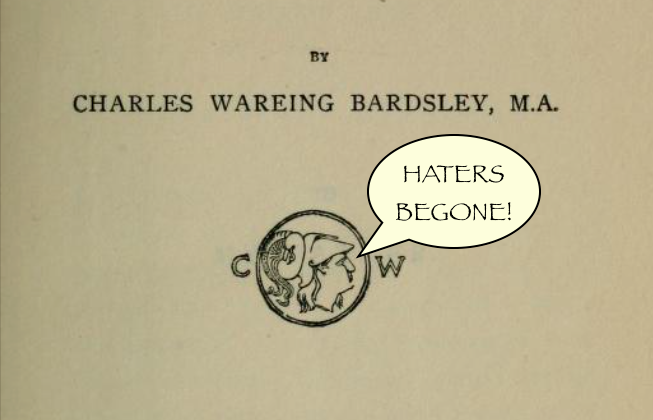






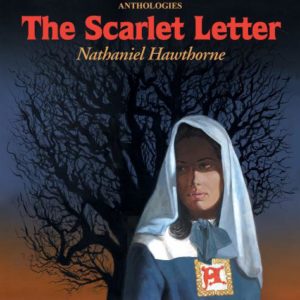
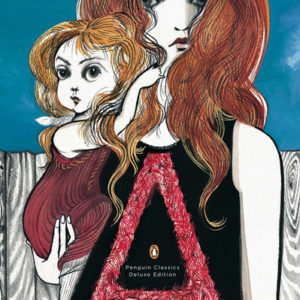


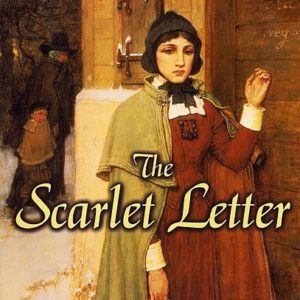
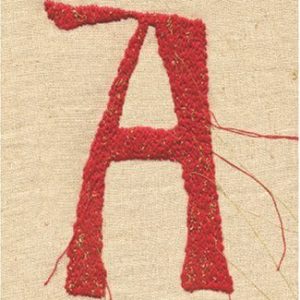







Dilettante Mail
Get updates from us a few times a year.